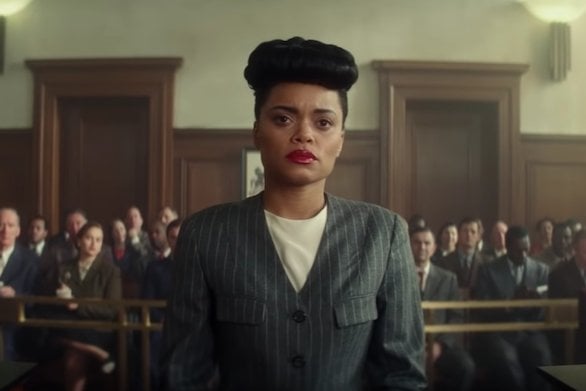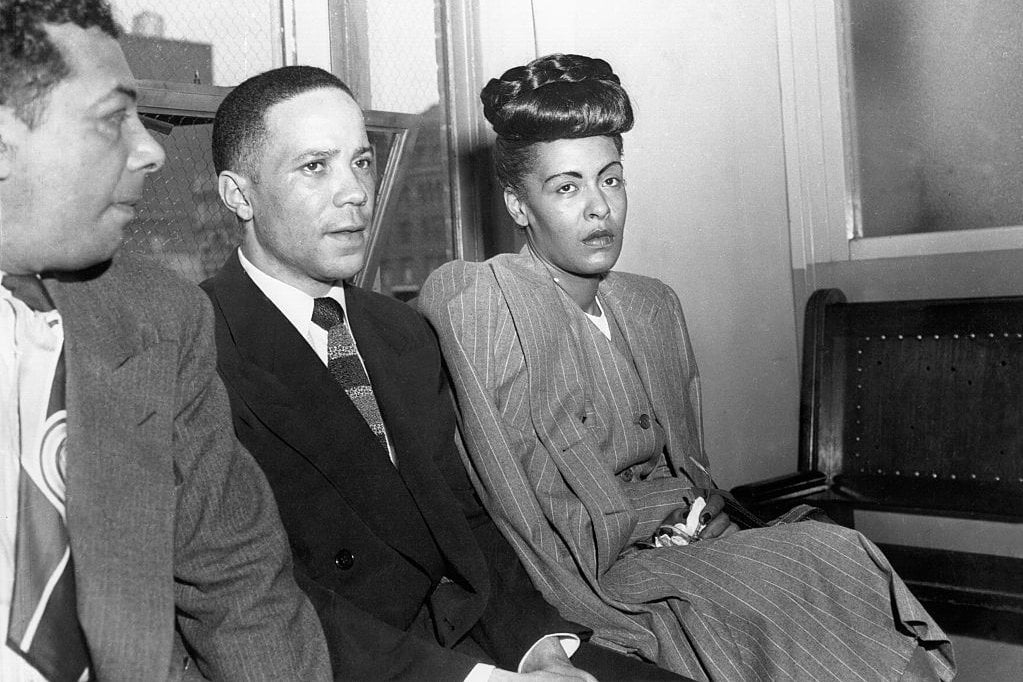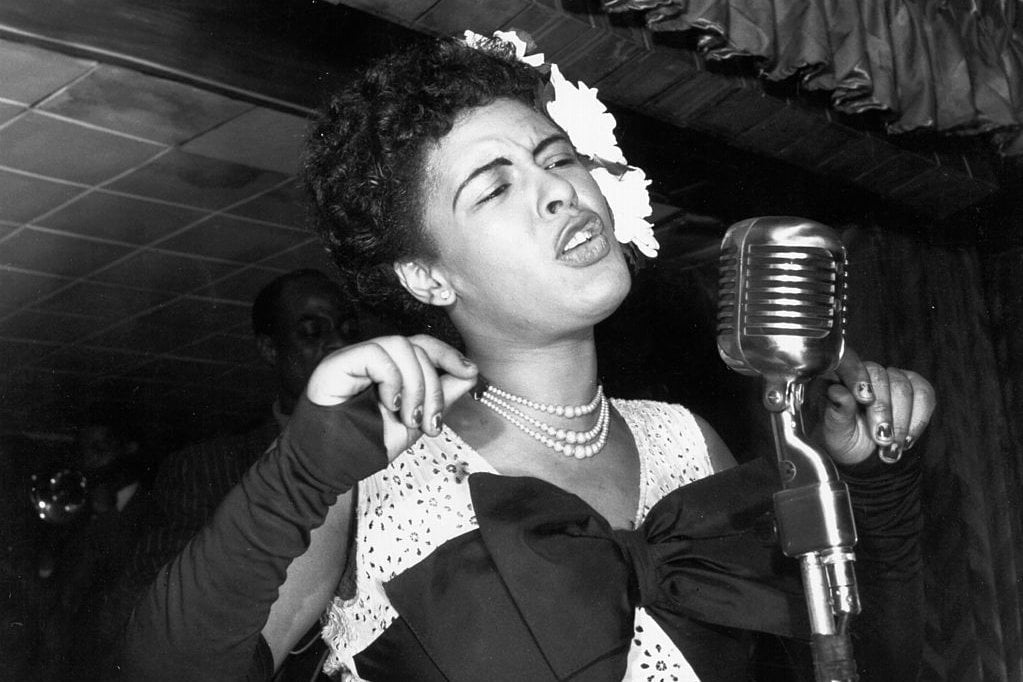
Andra Day never considered acting, let alone as the artist who inspires her the most.
As a musician, the closest she'd come to the big screen was the small stage, in musical theatre productions during her school years.
But after her first proper foray into it, the 36-year-old's already got one major acting award to her name, and she's nominated for the biggest there is. She's in the running for the Oscar for Best Actress, for her role as jazz singer and civil rights activist Billie Holiday in 2021 film The United States vs. Billie Holiday.
It's been an unusual journey to get here because originally, Day turned down the role. She didn't want it.
"The fact is, I had no acting experience... it was incredibly intimidating. Intimidating to the point where when they first mentioned it and brought the idea to me I was like, 'no, this is a terrible idea, I don't want to do this'," she recalled to Mamamia.
"And not only did I not want to do this because I'd be bad, I really don't want to be bad telling the story of one of my biggest inspirations."
Watch: The United States vs. Billie Holiday trailer. Post continues below video.



